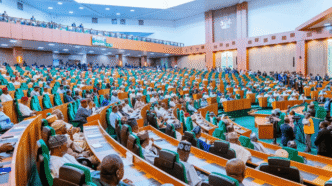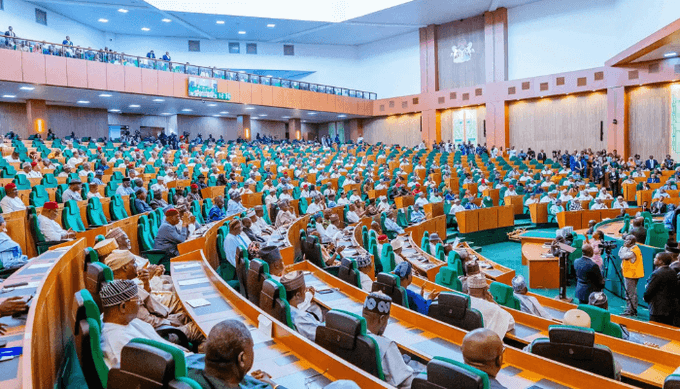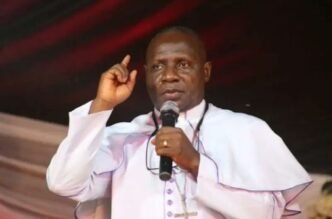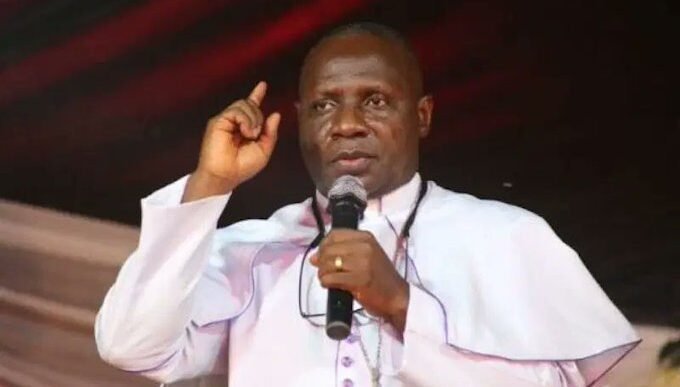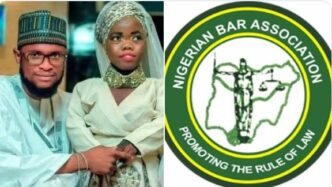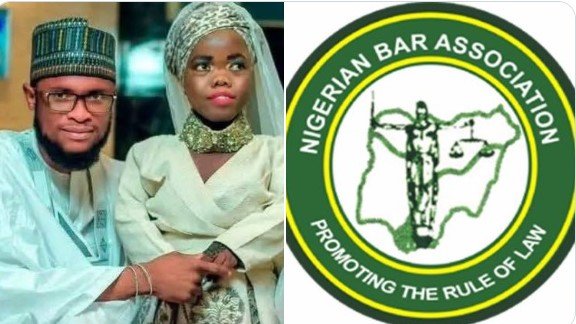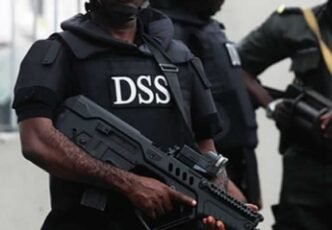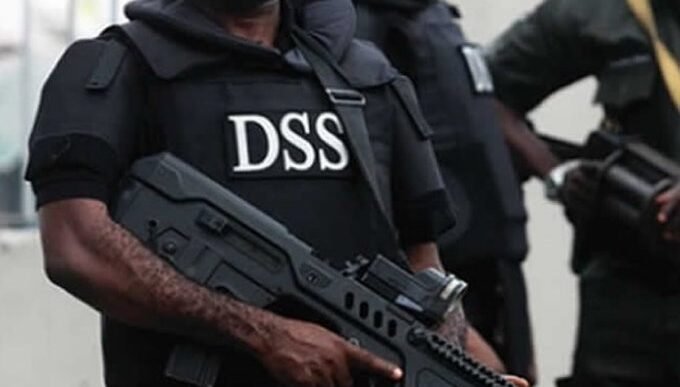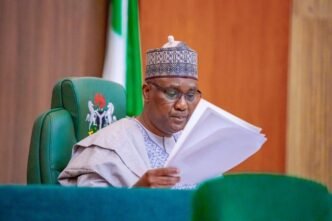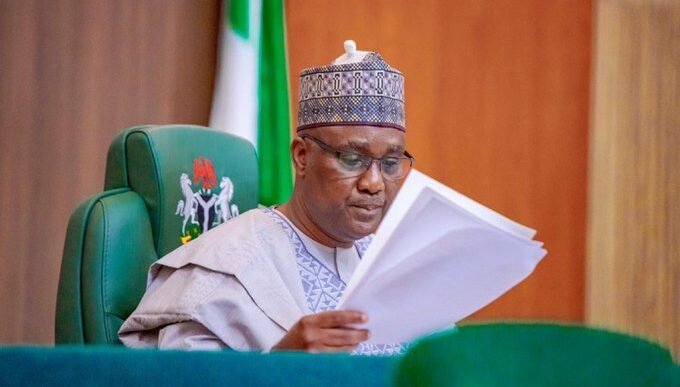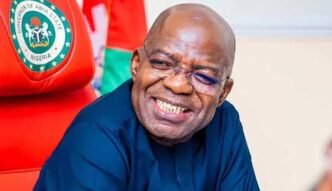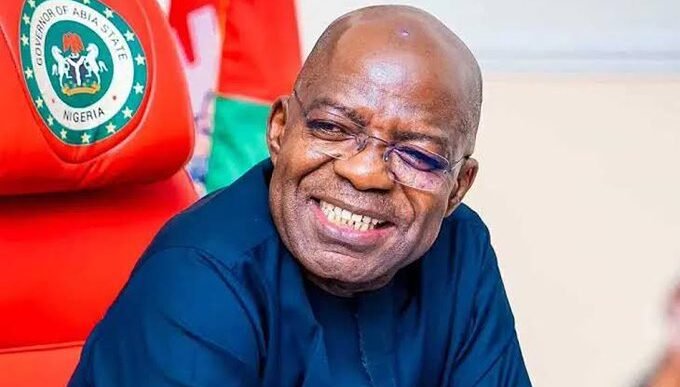Abuja, Nigeria — October 21, 2025
The House of Representatives has announced plans to launch a comprehensive investigation into the over $4.6 billion in funds received by Nigeria from the Global Fund to Fight AIDS, Tuberculosis and Malaria (GFATM) and the United States Agency for International Development (USAID) between 2021 and 2025.
The probe, which was approved on Tuesday during plenary, follows concerns raised by lawmakers about the lack of transparency and accountability in the management of foreign aid targeted at Nigeria’s public health sector.
The funds — estimated at $1.8 billion from the Global Fund and $2.8 billion from USAID — were meant to support programmes combating HIV/AIDS, tuberculosis (TB), malaria, and other public health emergencies across the country.
Allegations of Mismanagement and Poor Oversight
Presenting the motion, Hon. Patrick Umoh (APC–Akwa Ibom), who moved for the investigation, noted that despite billions of dollars in grants and aid disbursed to Nigeria, the impact on the ground remains minimal, particularly in rural areas where malaria, HIV, and TB continue to claim lives.
“Mr. Speaker, Nigeria has received enormous funding support from global partners to fight major diseases, yet our health indices remain among the worst in sub-Saharan Africa,” Umoh stated. “We must ask: where did all these funds go, and who is accountable for their use?”
He added that reports from several civil society organizations, audit reviews, and international partners had raised red flags about irregular expenditures, duplication of projects, and weak monitoring mechanisms.
The motion, titled “Need to Investigate the Utilization of Grants from the Global Fund and USAID in Nigeria from 2021 to 2025,” received unanimous support from lawmakers.
Mandate of the Investigation
The House resolved to direct its Committee on Donor Agencies, Health Services, and Anti-Corruption to:
- Conduct a forensic audit of all funds received by federal and state agencies from the Global Fund and USAID.
- Review the roles of implementing partners, including non-governmental organizations (NGOs) and state ministries of health.
- Identify projects funded, verify their execution status, and determine whether funds were used for their intended purposes.
- Recommend sanctions for any agency or official found culpable of diversion or misappropriation.
The committee is expected to invite representatives of the Federal Ministry of Health, National Agency for the Control of AIDS (NACA), National Primary Health Care Development Agency (NPHCDA), National Malaria Elimination Programme (NMEP), and other key institutions involved in administering donor-funded programmes.
“This investigation is not a witch-hunt but a demand for accountability,” said House Speaker Hon. Tajudeen Abbas, who presided over the session. “Nigeria cannot continue to receive billions of dollars in health aid while citizens still die from preventable diseases.”
Billions in Grants, Limited Results
Between 2021 and 2025, Nigeria reportedly received over $1.8 billion in grants from the Global Fund and another $2.8 billion from USAID, primarily earmarked for:
- HIV/AIDS prevention and treatment programmes;
- Tuberculosis diagnosis and control;
- Malaria prevention (including the distribution of insecticide-treated nets and antimalarial drugs);
- Health systems strengthening and pandemic preparedness.
Despite these substantial inflows, Nigeria continues to rank among the highest-burden countries for malaria and TB, with an estimated 68 million malaria cases and over 200,000 TB cases recorded annually.
Lawmakers argued that such figures do not reflect the scale of financial interventions the country has received.
“Nigeria has become a case study for poor fund management in the global health sector,” said Hon. Bamidele Salami (PDP–Osun). “The time has come for Parliament to scrutinize every dollar spent in the name of public health.”
Concerns from Civil Society and Donor Agencies
Several civil society organizations (CSOs) have in recent years questioned the management of foreign grants, citing weak oversight and lack of transparency in implementing agencies.
The Civil Society for Accountability in Health Financing (CSAHF), for instance, noted in a 2024 report that Nigeria’s poor data tracking and fragmented project structures had led to duplication and inefficiency in donor-funded health initiatives.
Similarly, in its 2023 country audit report, the Global Fund cited “significant weaknesses” in Nigeria’s grant management systems, including delayed fund disbursement, lack of real-time reporting, and inadequate community engagement.
In response, NDAs and implementing agencies have often denied wrongdoing, attributing challenges to bureaucratic delays, insecurity in some regions, and limited infrastructure.
However, USAID’s 2024 review of its PEPFAR (President’s Emergency Plan for AIDS Relief) operations in Nigeria also identified lapses in programme monitoring and accountability.
Lawmakers Call for Greater Transparency
During Tuesday’s debate, several lawmakers called for a centralized public portal that would track all donor funding to Nigeria’s health sector, listing each grant, its purpose, recipient agency, and expenditure details.
“Every kobo of donor support must be accounted for in the public domain,” said Hon. Miriam Onuoha (APC–Imo). “We owe it to Nigerians and our international partners to show that funds are being used for their intended purposes.”
“Our partners must also understand that Parliament will not allow opaque funding practices,” added Hon. Jafaru Gambo (NNPP–Kano). “Transparency builds trust, and trust ensures sustainability of international support.”
Possible Repercussions
Analysts say the probe could have far-reaching implications for Nigeria’s relationship with its international health partners, depending on the outcome.
If mismanagement is uncovered, it could trigger stricter conditions for future grants, demand for refunds, or even temporary suspension of funding to certain programmes.
On the other hand, a transparent and credible investigation could rebuild donor confidence and encourage renewed investment in Nigeria’s health sector.
“This investigation is crucial,” said Dr. Ifeoma Eze, a governance expert and development consultant. “Donors are watching closely. A clean process could improve Nigeria’s credibility, while any confirmed abuse could have long-term funding consequences.”
Next Steps
The House Committee is expected to commence public hearings within the next two weeks, inviting all relevant ministries, donor representatives, and civil society actors to testify.
Lawmakers have also directed that the Office of the Auditor-General of the Federation and the Economic and Financial Crimes Commission (EFCC) collaborate with the committee to ensure a thorough financial review.
“We must ensure that every dollar meant to save Nigerian lives is not lost to corruption,” said Speaker Abbas. “This House will follow the investigation to its logical conclusion.”
The committee has been given four weeks to submit its preliminary findings and recommendations to the House for further legislative action.

